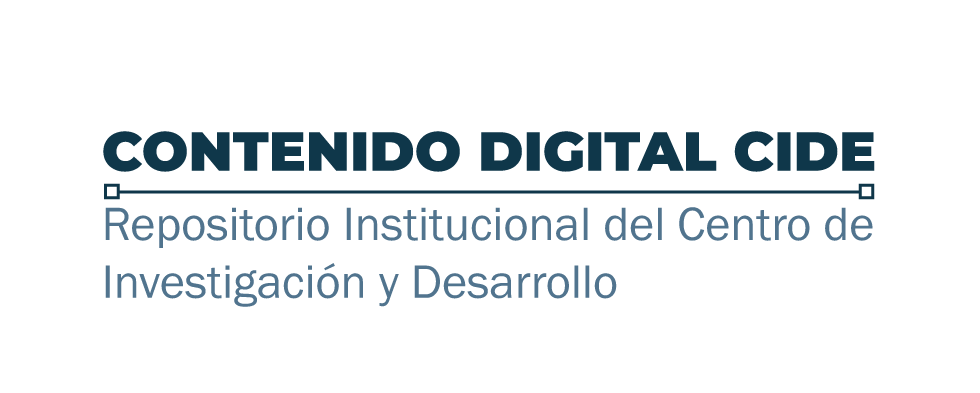Please use this identifier to cite or link to this item:
http://repositorio.cidecuador.org/jspui/handle/123456789/1029Full metadata record
| DC Field | Value | Language |
|---|---|---|
| dc.contributor.author | Jeaneth Alexandra Barrionuevo Villacrés | - |
| dc.contributor.author | Lilian Silvana Cajamarca Farez | - |
| dc.contributor.author | Sandra Leticia Guijarro Paguay | - |
| dc.contributor.author | Christian Octavio Chicaiza Calle | - |
| dc.date.accessioned | 2022-04-28T01:54:43Z | - |
| dc.date.available | 2022-04-28T01:54:43Z | - |
| dc.date.issued | 2021-07-01 | - |
| dc.identifier.uri | http://repositorio.cidecuador.org/jspui/handle/123456789/1029 | - |
| dc.description.abstract | Metacognitive strategies are tools that enhance the construction of meaningful knowledge by inducing reflection on it, proving to be ideal to support learning processes within the framework of the demands of the current knowledge society, where greater training in skills that allow "learning to learn" is required. In this sense, do the teachers of the Language Center of the Catholic University of Cuenca [UCACUE] use metacognitive strategies? What are they and how often do they use them? This study aims to determine to what extent these strategies are used for teaching English vocabulary by the teachers of the center in question. The information was collected through a semi-structured survey created ad hoc, and it was possible to verify the total absence of the use of these strategies within the didactic repertoire of the teachers. | - |
| dc.title | Metacognitive strategies for the development of teaching vocabulary in English | - |
| dc.date.updated | 2022-04-28T01:54:43Z | - |
| Appears in Collections: | Revista de Investigación en Ciencias de la Educación, Horizontes Vol. 5 Núm. 19 (2021) | |
Files in This Item:
| File | Description | Size | Format | |
|---|---|---|---|---|
| Articulo_3_Horinzontes_N19V5.pdf | 457.01 kB | Adobe PDF |  View/Open | |
| Articulo_3_Horinzontes_N19V5-convertido.htm | 306.56 kB | HTML | View/Open | |
| Articulo_3_Horinzontes_N19V5_-_Desconocido.epub | 427.14 kB | EPUB | View/Open |
Items in DSpace are protected by copyright, with all rights reserved, unless otherwise indicated.


